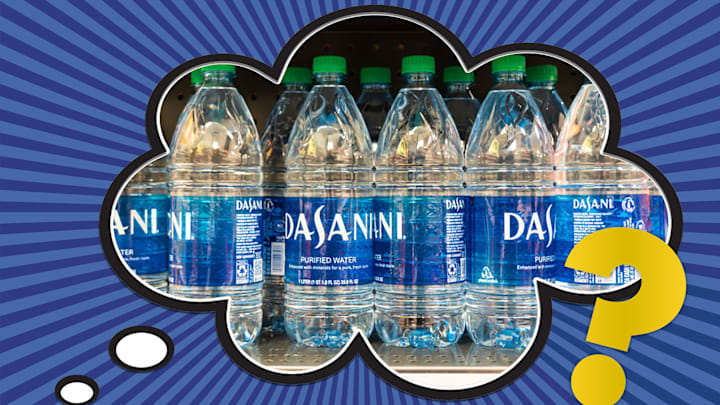When Coca-Cola launched its Dasani bottled water brand in the U.S. in 1999, the product proved amazingly successful. By 2004, it had captured 24 percent of the U.S. market. The stage looked set for successful expansion into Europe, beginning with a major launch in the UK in February 2004.
Less than two months later, however, all UK production had ceased. On March 19, 2004, Coca-Cola announced a recall of half a million bottles and immediately withdrew Dasani from that country. So, what the heck went wrong?
- Why Was There a Cultural Divide in the UK to Begin With?
- Coke’s Big Blunder Leads to a PR Disaster in the UK
- Dasani Bottled Water Leads to Contamination Fears in the UK
Why Was There a Cultural Divide in the UK to Begin With?
From the start, it was quickly apparent that the massive beverage company had misjudged the UK market, failing to take into account the fact that British consumers overwhelmingly favored bottled water sourced from natural springs.
Dasani falls into a different category. It’s actually purified water, meaning water that has been taken from a regular tap supply and then treated. But demand for purified water in the UK is pretty low. According to a 2015 report, purified water accounted for just 2 percent of the bottled water market in the UK.
Unlike their cousins across the pond, British people tend not to really mind drinking straight tap water, as their water supplies date back to as early as the Roman era. It’s only been over the last decade that at-home tap water filters have really taken off in the country, meaning there was already a cultural divide with UK shoppers by the time Coca-Cola unleashed Dasani to the masses.
Coke’s Big Blunder Leads to a PR Disaster in the UK
Before the product even launched in February 2004, the Dasani brand was also hamstrung by an August 2003 article that ran in The Grocer magazine, which claimed that the water was sourced from Sidcup—an unglamorous suburb of London.
The national press quickly jumped on the story, playing down the water treatment process and lambasting the company for attempting to sell ordinary tap water at a markup.
Unfortunately for Coca-Cola, the situation bore more than a passing resemblance to an episode of one of the country’s most beloved sitcoms, Only Fools and Horses. In the season seven episode, “Mother Nature’s Son,” cockney chancer Del Boy makes a fortune selling bottled water from his ‘Peckham Spring,’ only for it to be revealed that the beverage is, in fact, ordinary tap water from a burst main pipe.
Even though Coca-Cola had never claimed Dasani was anything but processed tap water, endless comparisons were made, with the situation becoming a national running joke.
Dasani Bottled Water Leads to Contamination Fears in the UK
The final blow to the Dasani brand in the UK back in 2004 came from a report from the Food Standards Agency (FSA), the nation’s public health and food safety regulatory body. According to their findings, the purified water contained potentially unsafe levels of bromate, a chemical that can be carcinogenic and is known to lead to nausea, vomiting, diarrhea, and abdominal pain when ingested in large amounts. The chemical is even linked to various cancers and may lead to kidney damage, as well as other health issues when ingested at levels thousands of times higher than is typically allowed in public water supplies.
On March 19, 2004, Coca-Cola voluntarily issued a recall on about 500,000 Dasani bottled water products in the UK. The company also issued a statement, claiming that the bromate contamination had occurred during their regular practice of adding calcium to the drink. Under UK health laws, the limit for bromate in water was 10 parts per billion (ppb); the Dasani samples returned results of between 10 and 22 ppb.
After the voluntary recall, some marketing experts declared that it would be next to impossible to re-launch Dasani in the UK. Due to the controversy, Coca-Cola subsequently canceled planned Dasani brand launches around other parts of Europe.
As of today, you still can’t find Dasani on British shelves, and whether or not that might ever change in the future is still up for debate. But one thing’s for sure: Folks in the UK weren’t exactly clamoring for purified tap water in the first place.
Read More Big Questions Below:
